Anna Haskins, Assistant Professor of Sociology in Cornell’s College of Arts & Sciences, works in the areas of educational inequality, social stratification, race and ethnicity, and the intergenerational social consequences of mass incarceration. Her work studies how processes and institutions mitigate or exacerbate social inequities, working toward understanding the persistence of racial disparity in outcomes and the role these inequities play in the transmission of inequality or opportunity from one generation to the next.
Event Overview
As calls to address institutionalized and systemic racism reverberate across the country, the College of Arts & Sciences is launching a year-long webinar series exploring racism in America. The series will feature Cornell faculty whose research examines how racism is embedded in our criminal justice system, healthcare industry, educational institutions, electoral politics, economy, and government policies. Panelists will address solutions and research-based best practices for combating the continuing presence of institutional racism and ameliorating the harm it does to all Americans.
Moderated by New York Times National Editor Marc Lacey, the first session of this series will convene six faculty experts to address how racism came to be so entrenched in policing and incarceration in the United States and why efforts aimed at reforming our criminal justice system so often fail. The panel will discuss why understanding racism matters, what activists really mean when they call for abolishing prisons and defunding the police, and possible ways for our country to move forward.
What You'll Learn
- The role racism has played in America’s structures and institutions and why reform efforts so often fail
- The economic, social, cultural, and moral costs of our inability to combat the effects of racism on our institutions and in our lives
- What is meant by prison abolition and police defunding
- Why racism should matter to all of us, not just those directly affected by it
Speakers
Joseph Margulies, Professor of Practice at Cornell Law School and the Department of Government (A&S), studies the way Americans construct and deploy words like “liberty,” “equality,” and “the rule of law” to defend different social arrangements. He is a criminal defense and civil rights attorney and is the author of “What Changed When Everything Changed: 9/11 and the Making of National Identity” and “Guantánamo and the Abuse of Presidential Power.”
Marc Lacey is the National Editor for the New York Times. Mr. Lacey has spent 20 years at The New York Times in roles including foreign correspondent, White House correspondent, and editor of the weekend news report. He was previously a reporter for the Los Angeles Times. In 2019, he served as a moderator for the fourth Democratic presidential primary debate. Mr. Lacey is the inaugural fellow in the Distinguished Visiting Journalist Program in the College of Arts and Sciences.
The work of Noliwe Rooks, W.E.B. Du Bois Professor in Africana Studies and Director of the American Studies Program at Cornell University, explores how race and gender both impact and are impacted by popular culture, social history, and political life in the United States. Specifically, Professor Rooks addresses the cultural and racial implications of beauty, fashion, and adornment. In addition, her work examines race, capitalism, and education, as well as Black women and material culture. The author of four books and numerous articles, essays, and op-eds, Professor Rooks has received funding from the Ford Foundation, the Mellon Foundation, and the Woodrow Wilson Center to aid in her research. She lectures often at colleges and universities around the country and is a frequent contributor to popular outlets such as The New York Times, The Washington Post, The Chronicle of Higher Education, Time Magazine, and NPR.
Peter K. Enns is a professor in the Department of Government and the Brooks School of Public Policy and Robert S. Harrison Director of the Cornell Center for Social Sciences at Cornell University. He is also co-founder and chief data scientist at Verasight. Professor Enns’ research and teaching focus on public opinion and political representation, mass incarceration and the legal system, and data science. He was Executive Director of the Roper Center for Public Opinion Research from 2015 to 2022.
Professor Enns has published three books — ”Hijacking the Agenda: Economic Power and Political Influence,” “Incarceration Nation: How the United States Became the Most Punitive Democracy in the World,” and “Who Gets Represented?” — as well as dozens of academic articles and op-eds. His research has been funded by the Economic and Social Research Council, FWD.us, Koch Foundation, National Science Foundation, Robert Wood Johnson Foundation, and Russell Sage Foundation. In 2017, Professor Enns received the Emerging Scholar Award from the Elections, Public Opinion, and Voting Behavior section of the American Political Science Association, presented to the top scholar in the field within ten years of their doctorate.
Sabrina Karim, Hardis Family Assistant Professor of Government in Cornell’s College of Arts & Sciences, researches conflict and peace processes, particularly state building in the aftermath of civil war. She studies international involvement in security assistance to post-conflict states, gender reforms in peacekeeping and domestic security sectors, and the relationship between gender and violence. Professor Karim is the co-author of “Equal Opportunity Peacekeeping: Women, Peace, and Security in Post-Conflict Countries.”
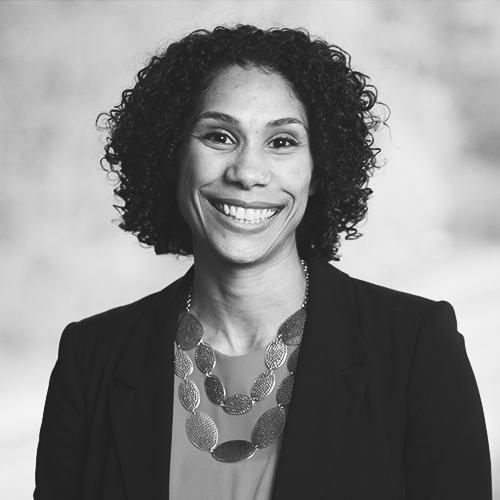
Anna Haskins, Assistant Professor of Sociology in Cornell’s College of Arts & Sciences, works in the areas of educational inequality, social stratification, race and ethnicity, and the intergenerational social consequences of mass incarceration. Her work studies how processes and institutions mitigate or exacerbate social inequities, working toward understanding the persistence of racial disparity in outcomes and the role these inequities play in the transmission of inequality or opportunity from one generation to the next.
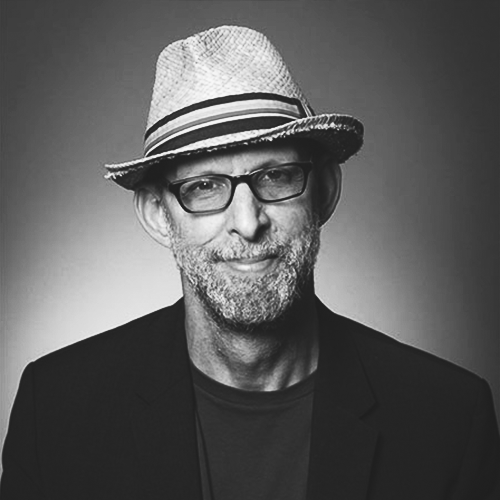
Joseph Margulies, Professor of Practice at Cornell Law School and the Department of Government (A&S), studies the way Americans construct and deploy words like “liberty,” “equality,” and “the rule of law” to defend different social arrangements. He is a criminal defense and civil rights attorney and is the author of “What Changed When Everything Changed: 9/11 and the Making of National Identity” and “Guantánamo and the Abuse of Presidential Power.”
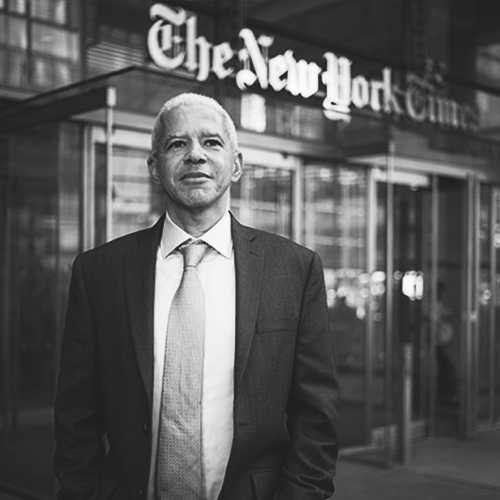
Marc Lacey is the National Editor for the New York Times. Mr. Lacey has spent 20 years at The New York Times in roles including foreign correspondent, White House correspondent, and editor of the weekend news report. He was previously a reporter for the Los Angeles Times. In 2019, he served as a moderator for the fourth Democratic presidential primary debate. Mr. Lacey is the inaugural fellow in the Distinguished Visiting Journalist Program in the College of Arts and Sciences.
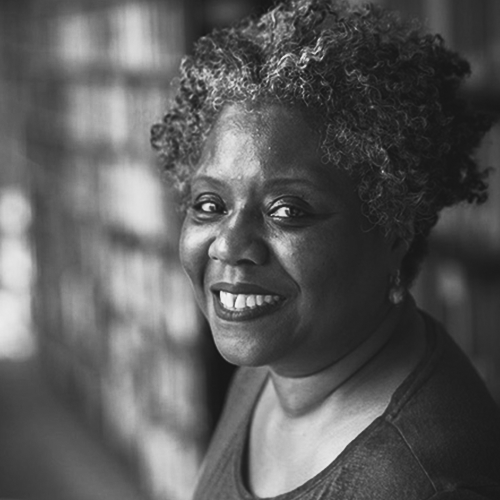
The work of Noliwe Rooks, W.E.B. Du Bois Professor in Africana Studies and Director of the American Studies Program at Cornell University, explores how race and gender both impact and are impacted by popular culture, social history, and political life in the United States. Specifically, Professor Rooks addresses the cultural and racial implications of beauty, fashion, and adornment. In addition, her work examines race, capitalism, and education, as well as Black women and material culture. The author of four books and numerous articles, essays, and op-eds, Professor Rooks has received funding from the Ford Foundation, the Mellon Foundation, and the Woodrow Wilson Center to aid in her research. She lectures often at colleges and universities around the country and is a frequent contributor to popular outlets such as The New York Times, The Washington Post, The Chronicle of Higher Education, Time Magazine, and NPR.
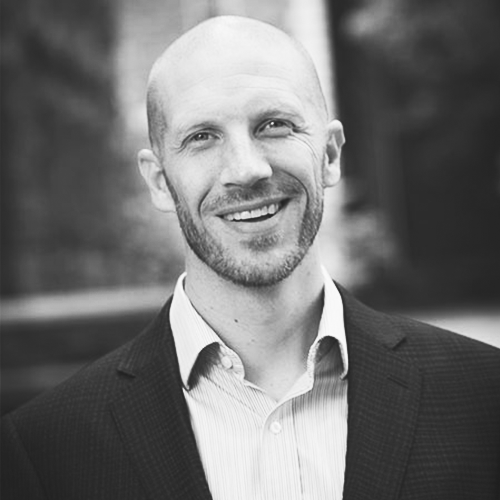
Peter K. Enns is a professor in the Department of Government and the Brooks School of Public Policy and Robert S. Harrison Director of the Cornell Center for Social Sciences at Cornell University. He is also co-founder and chief data scientist at Verasight. Professor Enns’ research and teaching focus on public opinion and political representation, mass incarceration and the legal system, and data science. He was Executive Director of the Roper Center for Public Opinion Research from 2015 to 2022.
Professor Enns has published three books — ”Hijacking the Agenda: Economic Power and Political Influence,” “Incarceration Nation: How the United States Became the Most Punitive Democracy in the World,” and “Who Gets Represented?” — as well as dozens of academic articles and op-eds. His research has been funded by the Economic and Social Research Council, FWD.us, Koch Foundation, National Science Foundation, Robert Wood Johnson Foundation, and Russell Sage Foundation. In 2017, Professor Enns received the Emerging Scholar Award from the Elections, Public Opinion, and Voting Behavior section of the American Political Science Association, presented to the top scholar in the field within ten years of their doctorate.
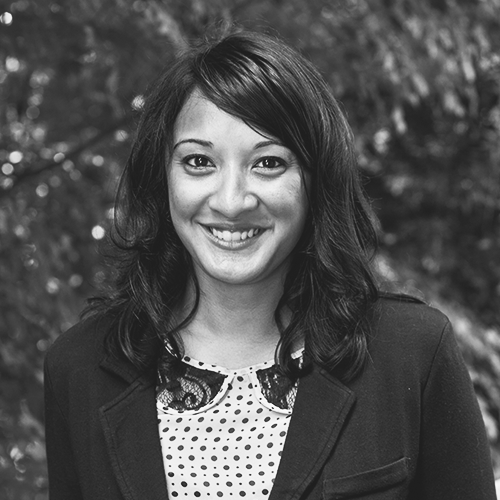
Sabrina Karim, Hardis Family Assistant Professor of Government in Cornell’s College of Arts & Sciences, researches conflict and peace processes, particularly state building in the aftermath of civil war. She studies international involvement in security assistance to post-conflict states, gender reforms in peacekeeping and domestic security sectors, and the relationship between gender and violence. Professor Karim is the co-author of “Equal Opportunity Peacekeeping: Women, Peace, and Security in Post-Conflict Countries.”
- View slide #1
- View slide #2
- View slide #3
- View slide #4
- View slide #5
- View slide #6
View Keynote by completing the form below.
You're Registered!
https://ecornell.cornell.edu/keynotes/view/K091620/
Add to Calendar 7:00 PM - 8:30 PM EDT
As calls to address institutionalized and systemic racism reverberate across the country, the College of Arts & Sciences is launching a year-long webinar series exploring racism in America. The series will feature Cornell faculty whose research examines how racism is embedded in our criminal justice system, healthcare industry, educational institutions, electoral politics, economy, and government policies. Panelists will address solutions and research-based best practices for combating the continuing presence of institutional racism and ameliorating the harm it does to all Americans.
Moderated by New York Times National Editor Marc Lacey, the first session of this series will convene six faculty experts to address how racism came to be so entrenched in policing and incarceration in the United States and why efforts aimed at reforming our criminal justice system so often fail. The panel will discuss why understanding racism matters, what activists really mean when they call for abolishing prisons and defunding the police, and possible ways for our country to move forward.https://ecornell.cornell.edu/keynotes/view/K091620/primaryAmerica/New_YorkeCornell
